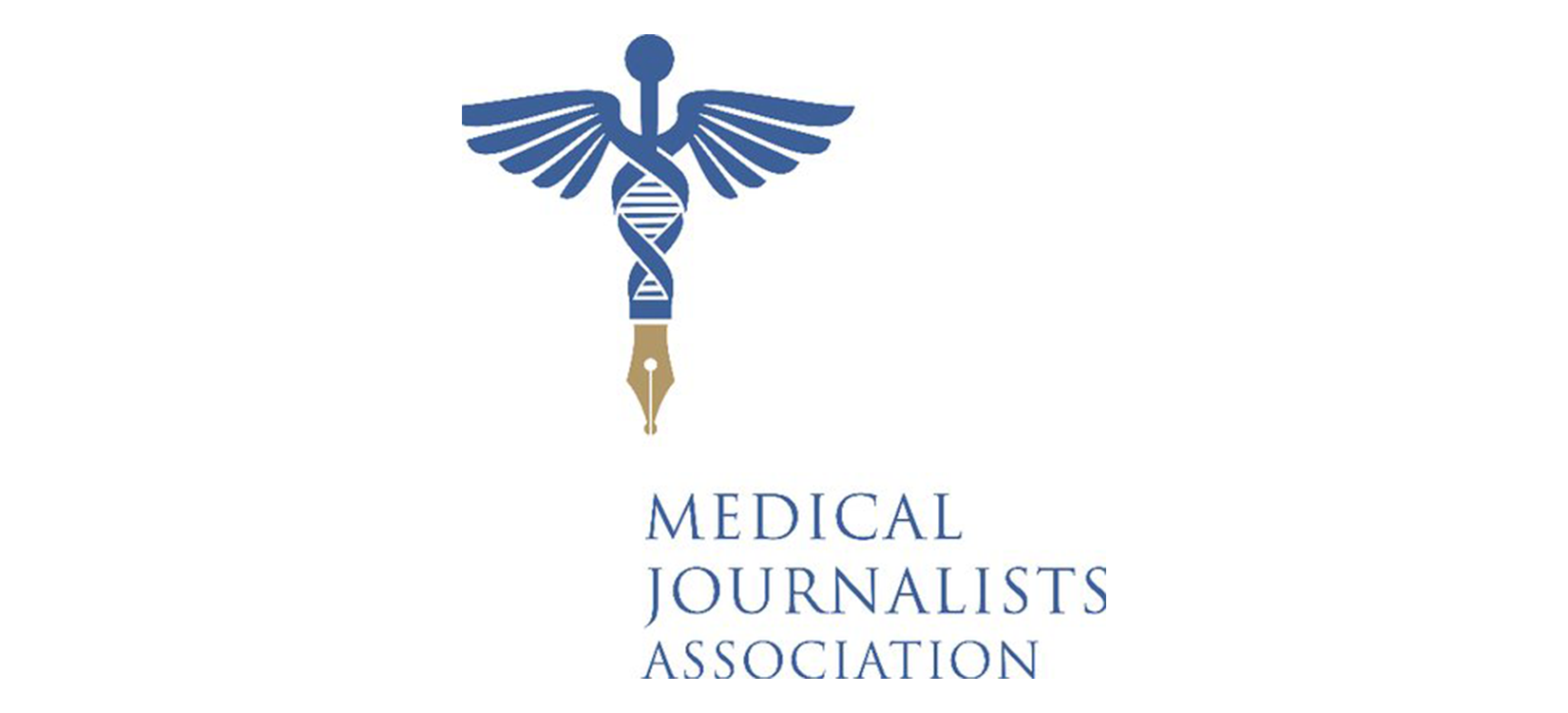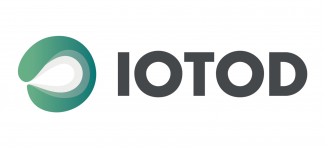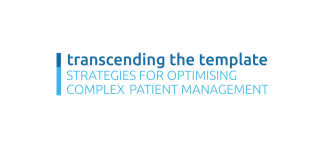The team have received two nominations at this year’s Medical Journalism Awards.
Caitlin Tilley, Pulse Reporter, has been shortlisted for Newcomer of the Year, and Jaimie Kaffash, Pulse Editor, shortlisted for Editor of the Year at the Medical Journalism Awards.
The judges said ‘Caitlin impressed us with her dogged determination to discover the real reason behind the ambulance delays and she clearly has a great eye for a story. She sensed that handover delays were more than the odd unfortunate incident and was tenacious in her approach, amassing all the supporting evidence from a variety of reputable sources, as well as securing strong quotes from key individuals.’
Jaimie Kaffash offered judges a ‘positive light through which to view the prism of GP access, Pulse launched a new campaign for a better vision of the profession for GPs and patients. The aim was to offer positive thinking driven by GPs and create a context in which their skills could be used to revive primary care through simple changes. The constructive approach, a panel of GPs as a sounding board and GP surveys, led to a list of principles devised to make NHS leaders and ministers pay attention. Acknowledging that GPs were losing the PR war, Pulse made a creative stab at tackling the negative messages in a manner designed to serve both readers and patients.’
With a membership of over 450 health and medical writers, broadcasters and editors, the Medical Journalists’ Association seeks to promote excellence in journalism, encourage and support their membership and to provide opportunities for networking.
The winners will be announced in September.



